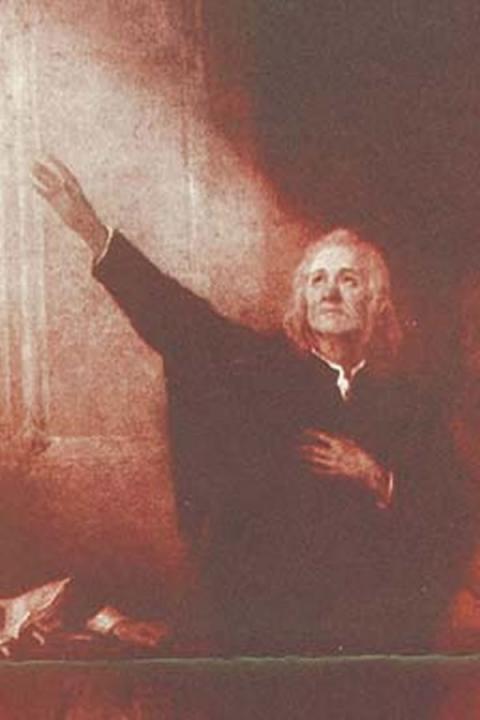A New Freedom of Faith
January 3, 2017Throughout the history of Christianity there have been big fights over changes in religious belief and practice, with different people say their version is the real version.
But King John Sigismund, the one and only Unitarian king in history, had a different point of view. Way back in 1561, John Sigismund was very interested in religion, partly because people in his country of Transylvania kept fighting about it. The Roman Catholics, Lutherans, Calvinists, and Unitarians all argued about whose views about God and Jesus and how church services should be conducted were right.
Finally, King John called the best speaker from each church to come to a place called Torda for a debate to decide who was right. The speaker from the Unitarian church was a man named Francis David. He argued that no one has the right to force people to believe anything about God, and that it’s OK if our understanding of religion changes.
After 10 days, King John ordered the debate to end. But he did not announce a winner; he did not say that any of the four churches was the best. Instead, King John agreed with Francis David, and he created what was called the Edict of Torda, which declared that every church and every person would be free to follow their own beliefs, even if those beliefs changed over time. There are still Unitarians in Transylvania today who share that commitment to freedom of belief.
Read more about Francis David from the UUA’s Tapestry of Faith programming, or read the Edict of Torda for yourself!
Renew Your Membership
We invite you to join your fellow CLFers to renew your CLF membership and stewardship of the CLF for another year.
Support the CLF
Can you give $5 or more to sustain the ministries of the Church of the Larger Fellowship?
If preferred, you can text amount to give to 84-321
Newsletter Signup
About
Quest for Meaning is a program of the Church of the Larger Fellowship (CLF).
As a Unitarian Universalist congregation with no geographical boundary, the CLF creates global spiritual community, rooted in profound love, which cultivates wonder, imagination, and the courage to act.
Contact
Church of the Larger Fellowship Unitarian Universalist (CLFUU)
24 Farnsworth Street
Boston MA 02210



